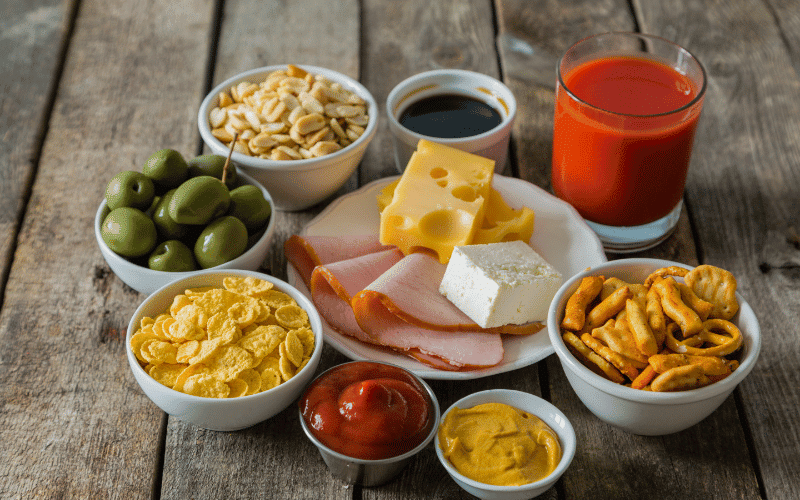Introduction: Kidney Disease and Your Diet
Kidney disease is a prevalent health issue affecting millions of people worldwide. The kidneys are essential organs responsible for filtering waste and excess fluids from the blood, regulating blood pressure, and balancing electrolytes. When kidney function is compromised, it can lead to a myriad of health complications. One of the most effective ways to manage kidney disease and improve overall kidney health is through dietary modifications. In this article, we’ll delve into 20 specific foods that should be avoided to protect your kidneys and maintain optimal health.
A well-rounded diet is crucial for overall health, and the kidneys are no exception. Consuming a variety of nutrient-dense foods can help support kidney function, while avoiding certain foods can prevent further damage. Many foods can exacerbate kidney disease, either by increasing the workload on these organs or contributing to the formation of kidney stones. By identifying and eliminating these harmful foods from your diet, you can give your kidneys the best chance to heal and function effectively.
In the sections that follow, we’ll explore each of the 20 foods to avoid with kidney disease in detail. We’ll discuss the reasons why these foods are harmful to kidney health and provide alternative options to support a balanced diet. It’s important to remember that each individual’s nutritional needs may vary, and it’s always best to consult with a healthcare professional before making significant dietary changes.
1. High Sodium Foods: The Salty Truth That Can’t Be Ignored

A high sodium intake can be detrimental to kidney health, as it increases the workload on these organs by making it difficult for them to filter out excess water and toxins. Processed and packaged foods are often loaded with sodium, as it is used as a preservative and flavor enhancer.
To maintain healthy kidneys, it’s essential to monitor your sodium intake and opt for low-sodium alternatives whenever possible. This includes avoiding table salt, fast food, canned soups, and frozen meals. Instead, choose fresh, whole foods and season your meals with herbs and spices for added flavor without the sodium.
It’s also crucial to read food labels carefully, as sodium can be hidden in seemingly healthy products, such as salad dressings and condiments. By making mindful choices and reducing sodium intake, you can significantly improve kidney health and prevent further damage. (1)